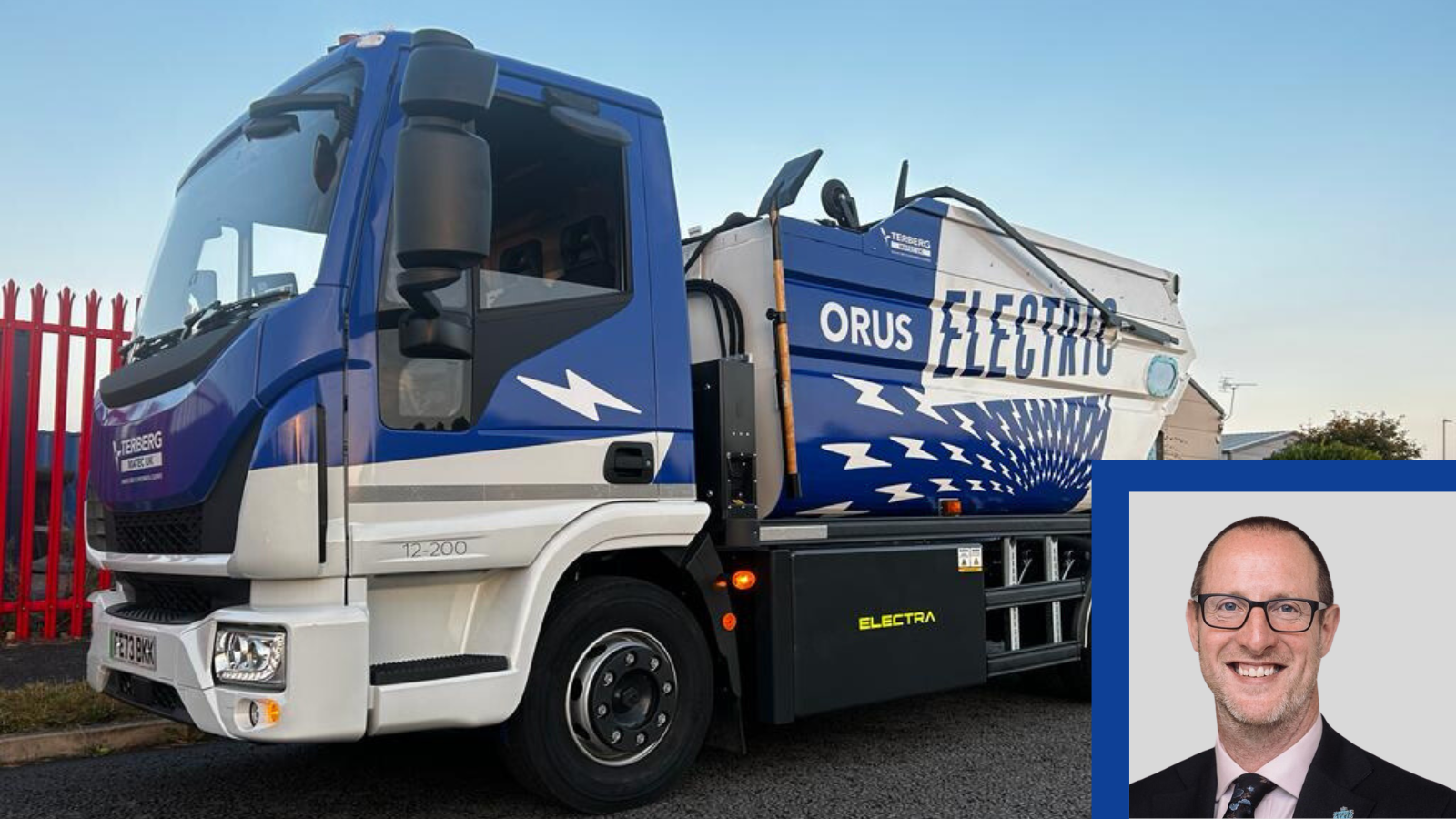With Household recycling rates continuing to plateau at around 45% the potential to increase food waste recycling will be vital if the UK is to meet its target recycling rate of 65% by 2035.

Last year, the UK government announced its ‘Simpler Recycling’ campaign to improve recycling rates through the streamlining of the recycling process for households and businesses, and by putting an end to potential confusion over what can and can’t be recycled.
Under the new requirements, all local authorities in England must collect the same recyclable waste streams from households. These include paper and card, plastic, glass, metal, food waste, and garden waste. In addition, all non-household municipal premises in England (such as businesses, schools and hospitals), must arrange to have the same set of recyclable materials (with the exception of garden waste) collected for recycling or composting.
Whilst Simpler Recycling will hopefully serve to make things easier for people at home or work, it will definitely present some challenges for the local authorities and business charged with collecting and recycling it. This is certainly the case when it comes to food waste, with only around half of English local authorities currently providing a dedicated food waste collection service. Whilst food can be effectively recycled, its collection does present some challenges. Unlike other waste streams it cannot be commingled with other materials. If it were to be mixed, it would contaminate the other materials destroying their commercial and environmental value. It is also virtually impossible to separate out food from other materials during any form of waste processing. The only exception to this might be the potential to commingle food with green/garden waste but this would significantly limit the recycling options available. It has also been shown to yield smaller amounts of food waste than when it is collected on its own.
As a result, it is likely that most local authorities and waste collection companies will have to rethink and potentially revamp their whole recycling collection setup. How they do this will depend on how they believe they can most effectively collect the required waste streams. This might include the need to run more vehicles in order to collect waste streams separately or utilising more multi compartment vehicles capable of collecting several waste types on a single round. These decisions will be based on a host of variables such as waste volumes, types of housing and vitally the waste processing facilities that are available.
The next and perhaps the most obvious challenge to implementing food waste recycling for all is the funding. The government recently announced that councils in England will be supported with up to £295 million in funding to introduce weekly collections. This is intended to cover new food waste containers for homes and specialist collection vehicles and will be targeted at local authorities that have yet to fully put a food waste service in place. There is however a significant question mark as to whether this will be enough.
Given the relatively short timescales it is also easy to envisage issues around the procurement and supply of vehicles and other infrastructure need to shift all households to a weekly food waste collection.
Another factor which needs to be considered is the government’s announcement that local authorities will also be required to provide at least a fortnightly collection for residual waste alongside a weekly food waste collection. This stance on restricting options of residual waste collection frequency is slightly baffling given the overwhelming evidence that exists about how restricting residual waste collections reduces costs and increases recycling. And the fact that 80% of respondents to the government consultation disagreed with the proposal. The requirement for weekly food waste collections for households will also reduce the likelihood of any issues resulting from residual waste that is not collected meaning the frequency could in principle be lowered. This decision will put additional pressure on collection fleets and prevent vehicles being freed up to support additional recycling collections.
So in summary, while the next few years look set to be challenging they will also provide the opportunity to realise a genuine step change in the way we manage these valuable resources and the move to a world beyond waste.